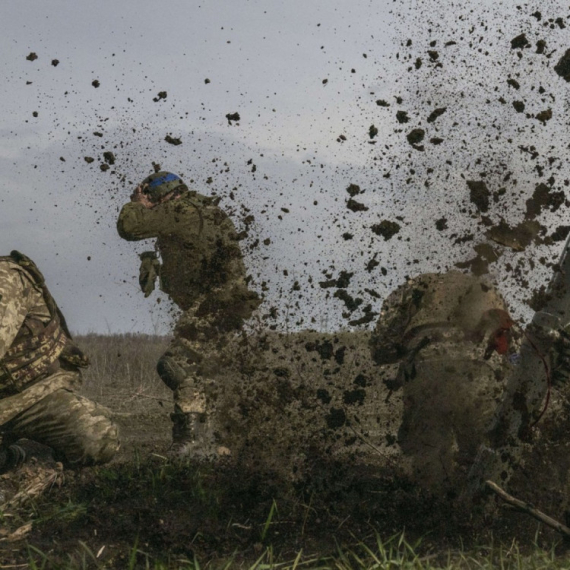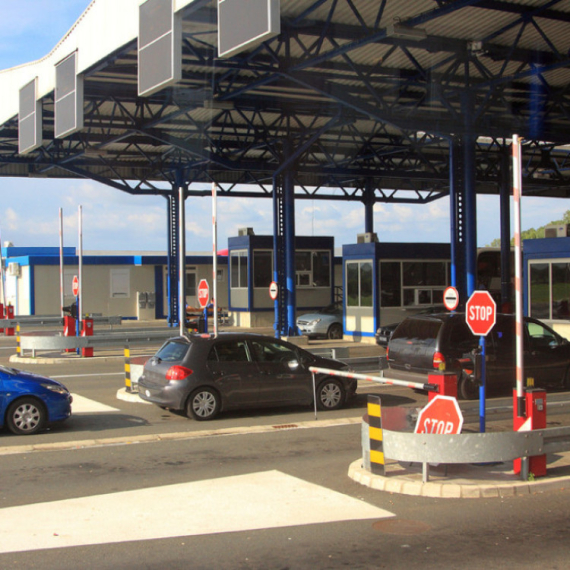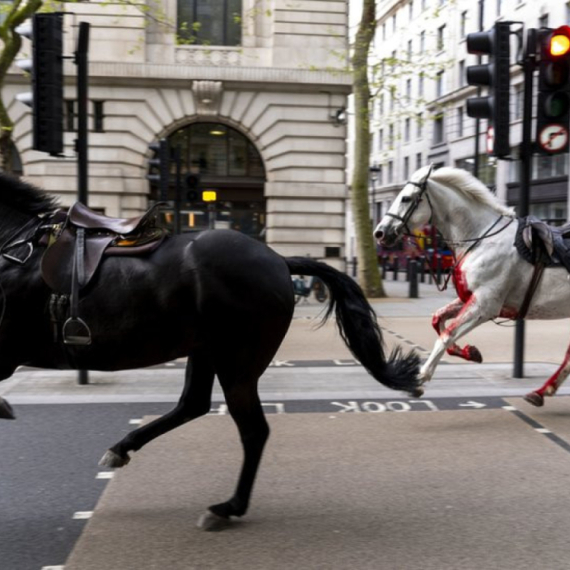"Social situation challenge for government"
The 10 main goals the Serbian government wants to achieve by the start of next year "face a challenge" in the form of a social conflict, Beta reports.
Tuesday, 12.04.2011.
10:35

The 10 main goals the Serbian government wants to achieve by the start of next year "face a challenge" in the form of a social conflict, Beta reports. The news agency quoted the latest economic analysis published by the European Commission. "Social situation challenge for government" In Serbia, last year's GDP rose 1.8 percent above expectations and economic recovery was based on exports, reads a European Commission document to which Beta had access. Inflation this past February reached a rate of 12.6 percent, the unemployment rate remained at around 20 percent and the budget deficit stayed the same - 4.5 percent of GDP. The deficit in the payment system saw a very small decrease last year and amounted to 7.5 percent of GDP. The successful stand-by arrangement with the International Monetary Fund expires mid-April and the government in Belgrade has only drawn half of the EUR 3bn available, "bearing in mind the large foreign currency reserves" of around EUR 10bn, reads the analysis. The flow of foreign capital decreased by 11 percent, mainly because of less foreign investment, and Serbia's foreign debt last year grew by EUR 1.3bn. The debt was reduced slightly in the first quarter of this year and amounted to EUR 23bn, close to 80 percent of GDP.
"Social situation challenge for government"
In Serbia, last year's GDP rose 1.8 percent above expectations and economic recovery was based on exports, reads a European Commission document to which Beta had access.Inflation this past February reached a rate of 12.6 percent, the unemployment rate remained at around 20 percent and the budget deficit stayed the same - 4.5 percent of GDP. The deficit in the payment system saw a very small decrease last year and amounted to 7.5 percent of GDP.
The successful stand-by arrangement with the International Monetary Fund expires mid-April and the government in Belgrade has only drawn half of the EUR 3bn available, "bearing in mind the large foreign currency reserves" of around EUR 10bn, reads the analysis.
The flow of foreign capital decreased by 11 percent, mainly because of less foreign investment, and Serbia's foreign debt last year grew by EUR 1.3bn. The debt was reduced slightly in the first quarter of this year and amounted to EUR 23bn, close to 80 percent of GDP.



















































Komentari 0